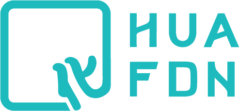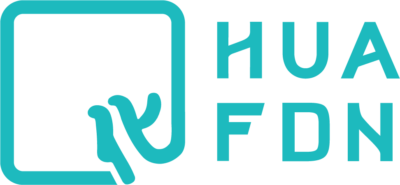Our Story: How We Started
A timeline of our work.
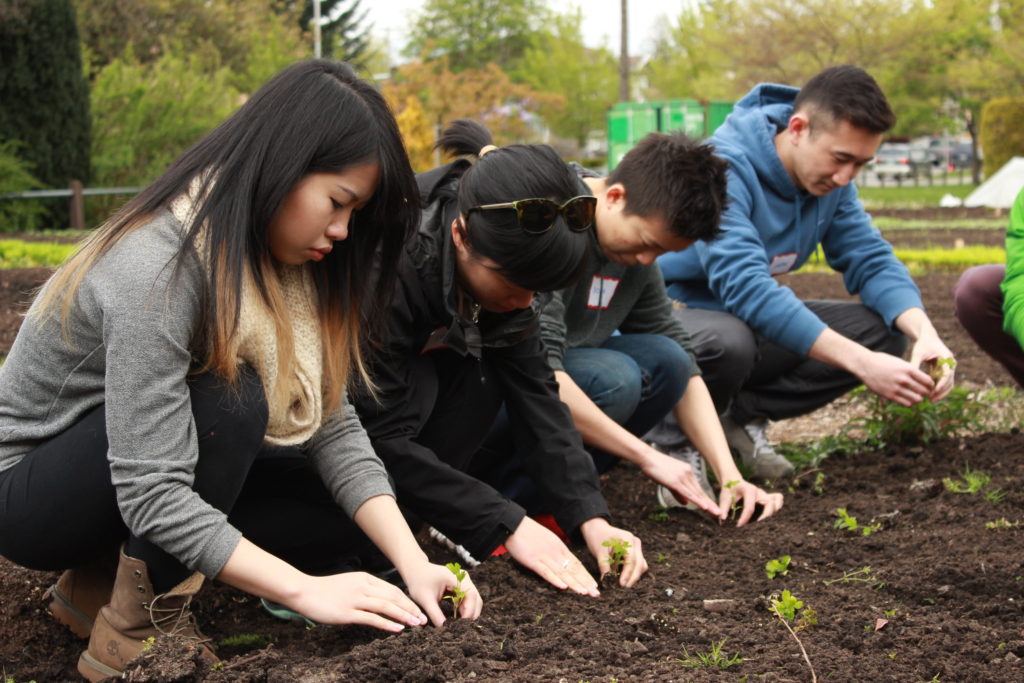
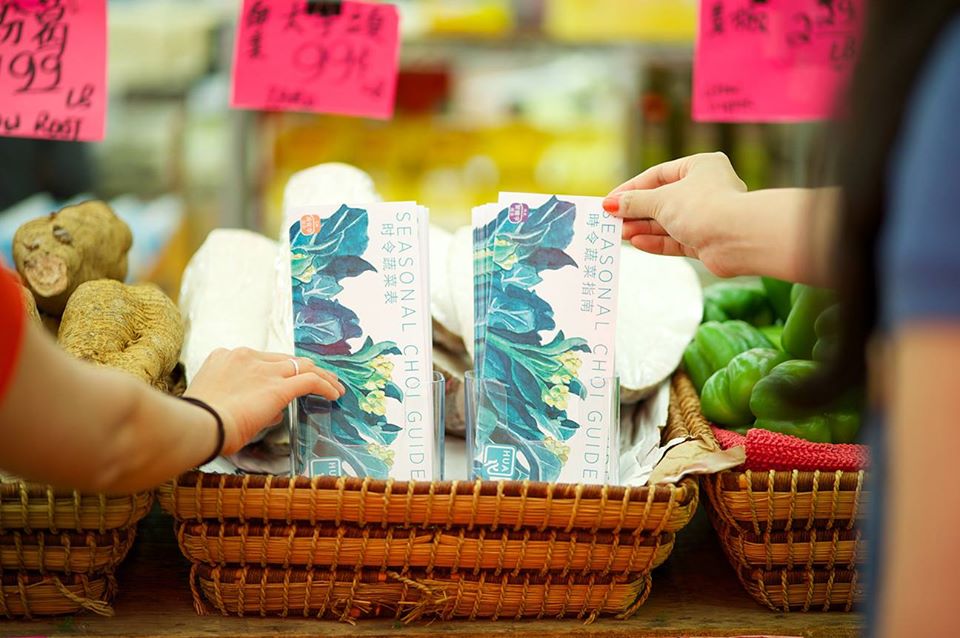
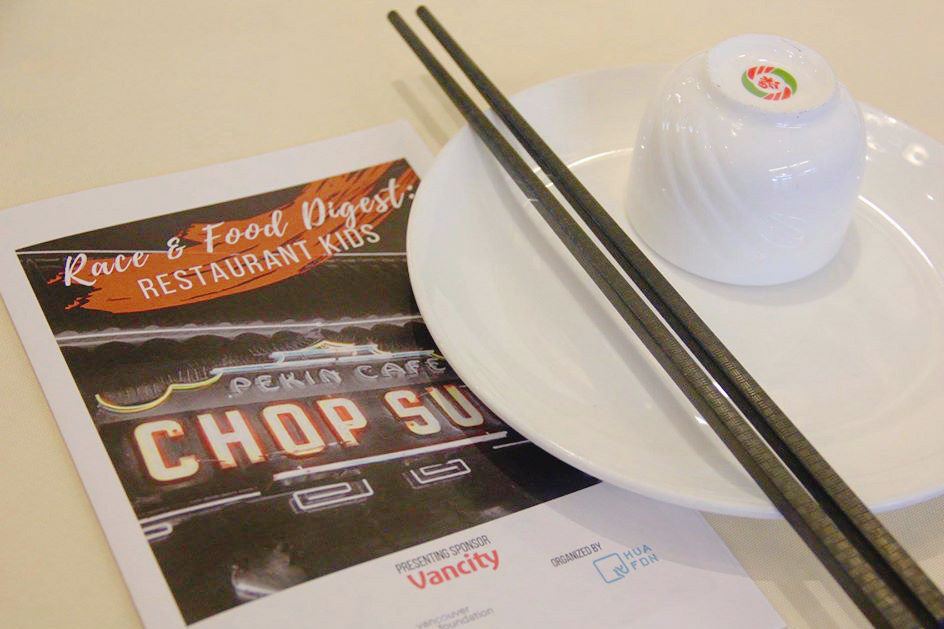
Racial equity and civic engagement: focusing our work on building community capacity
2018-present. As we reach almost ten years in community building and advocacy, we’re taking time to reflect and look back on our journey. We’ve realized a few things.
First, how grateful we are for the support, guidance, and mentorship we have received over the years. We have learned so much from each other. From young folks to community elders to respected advisors to individuals attending one of our events for the first time, we are grateful every day to do this work in and with an incredible community.
While we were once a ‘youth-led’ organization, we now want to intentionally and directly support members of the next generation in their own journeys. We feel that we now possess the knowledge and skills to support the next generation and their aspirations. It isn’t about teaching them: it is about learning with them, and providing what they need to build community and work towards equity. This work takes many forms and we wish to make space for the diverse ways that people show up in it.
We wish to foster the brave space that many of our team members have found in this organization. We, ourselves, grew up casting aside a part of our identities as a form of survival and ‘fitting in.’ This is not a unique experience or story. We do, however, want to create spaces where people can reclaim their heritage, racialized identity, and find pride and strength in themselves and the communities they are a part of, at their own pace. This is why we are now focusing on work on racial equity and civic engagement issues.
We hope that all the communities that we are a part of can work together in realizing our vision of supporting youth by empowering them with the resources, tools, and community to work meaningfully towards social change.
Hua foundation launches: We refine our focus on supporting youth and leading systems change work.
2012. We launch hua foundation and the Choi Project, a food security initiative to explore what sustainable and local food looks like for the hua community. Applying lessons from Shark Truth, we wanted to recognize the diverse hua-identified communities, honour our various degrees of ability in our own heritage languages, and create spaces and experiences that make us feel at home. As part of our food philosophy, we always make sure that we are confident and proud to share with others. These are some of the values in community building that we still strive to practice in our work to this day.
The Choi Project allowed community members to come together over workshops. The richest moments for us were hearing how our work has brought youth closer with their family members. We still receive feedback such as the Seasonal Choi Guide allowing family and even strangers to bond over food across generations and language barriers.
The Choi Project allowed us to work with artists, food systems actors, and community groups. We collectively advocated for the right to cultural foods and challenged the local food system as only reinforcing monocultural values that did not speak to us or our community.
At the same time, with mentorship and support from our community elders, we learned about our Chinese-Canadian histories, as well as many other non-Eurocentric colonial histories—many of which were written out of our history and the public consciousness. We, ourselves, didn’t know much of this history.
This sparked us to question and challenge the concepts of knowledge and how they shape us as individuals. It was hard to advocate for a ‘seat at the table’ when your community’s histories and active contributions are not recognized as formal knowledge by governing bodies and even academia.
In 2016, we published the Vancouver Chinatown Food Security Report to highlight the staggering rate of loss of cultural food assets in Chinatown since 2009. These spaces not only provided food, they also provided the social and cultural connections that are integral to community health. Many of these places also hold long histories of migration, resisting the violence of discrimination, and provided a safe social space for those who came before us.
It is important for us to share these narratives and our role in honouring these histories. For us, this is one part of reclaiming our own communities’ history and recognize our position in this community. We want to contribute to this legacy and create the platform and tools so others can help mold our society for the better. We are now in the position to do just that.
We’ve already incubated several organizations and are actively working with larger organizations on shifting their work to become more inclusive and just.
Shark Truth: Focused on the intersection of the environment, culture, and heritage.
2009. Our journey started with Shark Truth. We wanted to advocate for shark conservation in a manner that didn’t shame our heritage. How could we advocate for forgoing a centuries-old tradition in a way that was nourishing our already fragile sense of who we are as hua*identified youth?
Through the Happy Hearts Love Sharks wedding contest, we diverted 80,000+ bowls of shark fin soup from being consumed. Our public advocacy efforts engaged thousands of people per year, which led to municipal and national scale policy work. Shark Truth was recognized as a Tides Canada Top 10 in 2011 as one of the ‘Most Forward-Thinking Initiatives’ on environmental issues.
Success did not come easy; we often described our work as ‘straddling two worlds.’ On one hand, we had environmentalists who supported our work but would question why we ate ‘that stuff’ in the first place. On the other, our parents and hua community supported but criticized us for adopting ‘western’ values. While we did not have the language to name our unique position or the specifics of what we were fighting to create a space for, we recognized that there was something that needed to be fostered—the intersection of cultural heritage and social change.
We started hua foundation on this realization. We wanted to continue to grow this space where people can honour their heritage and cultural identity, while participating in change.
To this day, we continue to work in the environmental sustainability world as people who are tuned in to the nuances of culture and identity.
